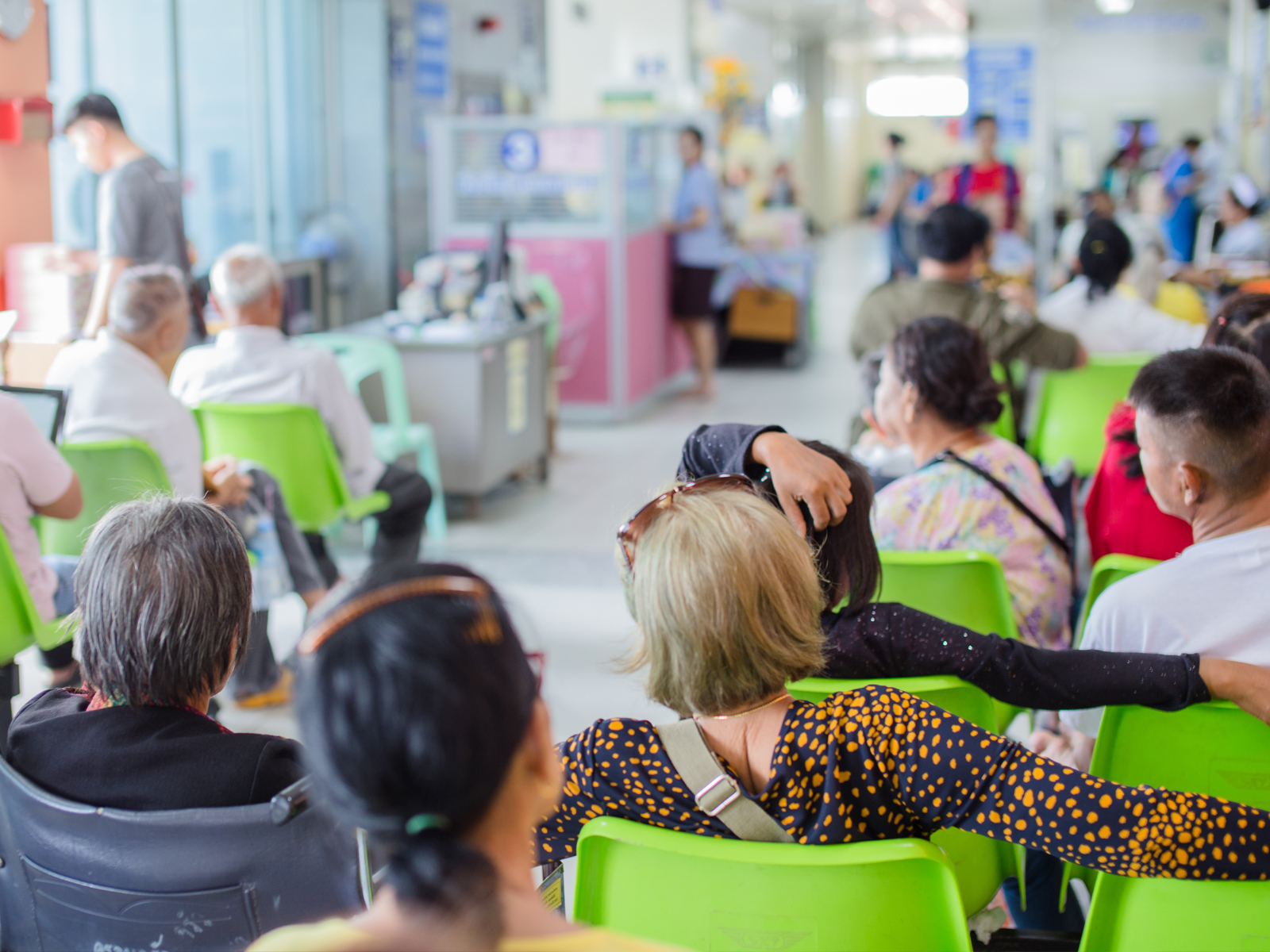By Pat Irwin
One thing many of us have learned over the past few months is how to stay calm, cool and collected while working in small spaces. After all, the average adult child (read family caregiver), may find themselves working from a makeshift homeoffice, co-ordinating their children’s online lessonsand doing remote caregiving for aging parents—all off the side of the kitchen table!
If nothing else, the pandemic has taught us toassess, adjust and strategize along with socialdistancing and improved personal hygiene protocols. It has also introduced some “smart” new behaviours and practices that are here to stay.
How can this learning apply to our caregivingresponsibilities? Simply put, it’s time to bring on technology, look for ways to save time and master the latest tools that will help us up our game when it comes to convenience. Phones and tablets became godsends for relatives wanting to monitor the well-being of their elders, order online or connect with isolated seniors. And for many, once they were installed, Facetime, Zoom, GoogleHome and Spotify became both entertainment and connectivity champions for both young and old.
Here are some of cool stories of families who are using technology to make things “smarter” for their older adults:
Zoom to the rescue
Suzanne’s dad, Allan is 87 and still lives in the independent section of a retirement community.Macular degeneration means he can no longerdrive, and with other ailments he requires frequent specialist appointments and check-ups at medical clinics. Pre-pandemic, Suzanne would take a half-day off work to escort Allan to blood work and doctor’s appointments, help him navigate the parking lot and hallways and endure the wait times. Ever diligent, she’d take notes and make sure instructions were followed. Oftentimes, the session with the doctor would take but a few minutes—a necessary but frustrating experience!
With the risk of COVID-19 transmission closing doctor’s offices and Allan being forced into lockdown, Zoom came to the rescue! Three-way online appointments were facilitated between Suzanne, each doctor and one of her dad’s community caregivers. Allan’s family physician had access to electronic records, as did other specialists, so the usual questions and answers, medication checks and routine updates, were quick and easy. Suzanne saved at least four hours with no downside to the experience or the results for her dad. She’s also hooked Allan up to her Spotify and Netflix accounts for entertainment and taught her dad to manage things like his lights, door locks, and radio controls with voice commands via Google home. Here to stay … new normal? Yes indeed!
“Lazy is a nasty word. I call it selective participation.”
– Unknown
Delivery services
For many people, like Desmond, 80, who lives with his older brother, Ryan, surviving the pandemic would have been impossible without home delivery services. Food, supplies, medication and other types of support have been sent to the house with very successful results.
For seniors living alone, not being able to get out and about to do their shopping, get their hair done, have a coffee date or a church service can create both anxiety and loneliness. The ability to have groceries and medication delivered, to have a (masked) hairdresser visit their home, and a Zoom session for church, is a lifeline.
Desmond’s daughter Ruby usually visits them every week to bring groceries, cook and freeze meals, and do a bit of housekeeping. Desmond has recently become prone to falling. When the lockdown began, Ruby, a hospital nurse, was advised that she was a health risk to her dad. Who would do what she’d been doing for Ryan and Desmond?
Enter delivery services! A personal monitoring system (similar to lifeline) was installed and monitored by a lab service that came to the house for both men’s needs. Medications were delivered in a clearly-labelled blister pack. Laundry was picked up, washed and returned by the local cleaner and Ruby got herself an Instacart account so she could arrange for both groceries and pre-made dinners.
Desmond took the advice of friends and tried some healthy meals designed for seniors, delivered frozen and microwaved as needed to take pressure off Ruby. Ryan bought a robot vacuum and a set of Swiffer’s for floors, dusting and wet mopping.
He also re-acquainted himself with his toilet brush, with proud results. “I’m out of a job,” chuckled Ruby, “and that’s fine with me!” Still concerned, she checks in by phone and text and won’t miss dropping off cupcakes for Ryan’s birthday in a few weeks…pandemic on not!
Now life’s easier for everyone.
A special DVD
Maureen, 71, has advanced dementia and lives in the memory unit. Although she has regular assistance from the staff, she felt punished by the new routines of social distancing—sitting alone at dinner, not having her exercise class, missing out on activities that had been discontinued. She feels she is being excluded and has started having panic attacks and acting out.
The psychology of helping seniors cope with change entails providing reassurance, being as transparent as possible with information, and creating new routines that engender confidence and trust. So, to give Mo back some of what she had lost, a young family member, Benj, created a DVD of both exercise classes and her favourite vintage TV programs. He arranged for a PSW to load and press play on her TV every day at 10am and 2pm. Turns out, Benj’s plan worked. Maureen would settle down happily to watch her shows and she actually stopped fussing. In addition, Benj also arranged to move one of her friends to the table next to Maureen which made her feel less lonely. These simple additions gave this senior enough of a familiar and welcome routine to reduce her disruptive behaviours, gave her the feeling of stability back and allowed her to better cope with life during lock-down.
Many think our lives and the ways we provide care for our elders have been permanently changed by the pandemic. Certainly, we can expect long-term improvements in the care industry based on what’s happened to some of our more vulnerable citizens. And hopefully, together, we can find ways to make some of the necessary changes and safety protocols life enhancing.
Pat M. Irwin, BA, AICB, CPCA, is the president of ElderCareCanada and a professor of distance learning at Centennial College.













